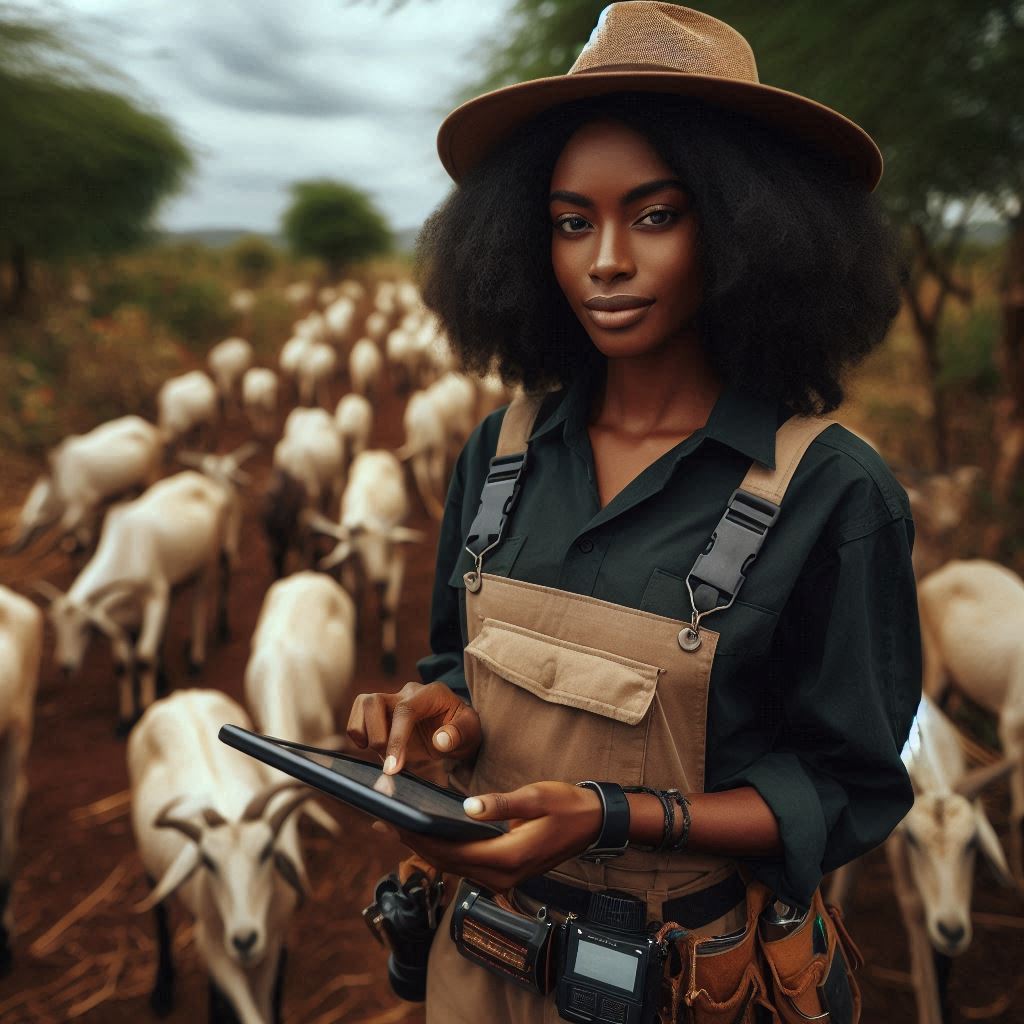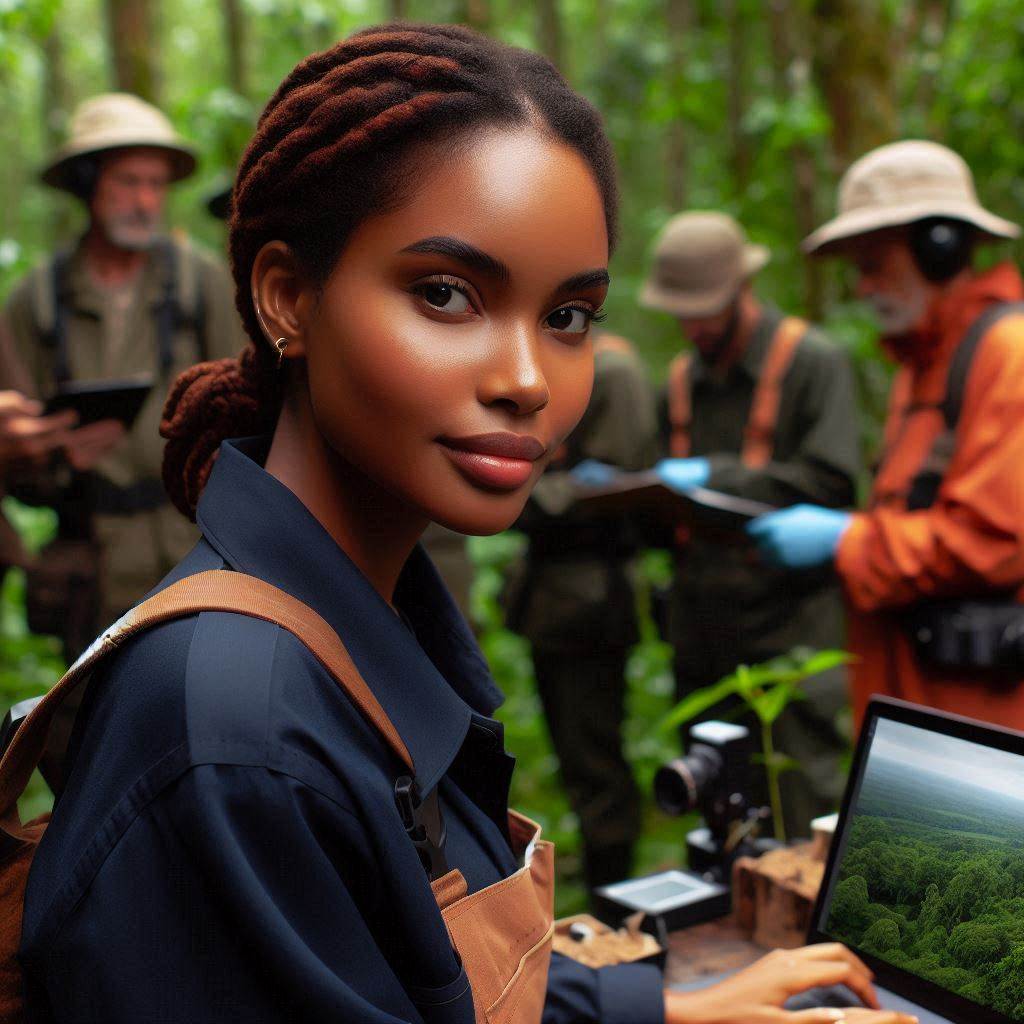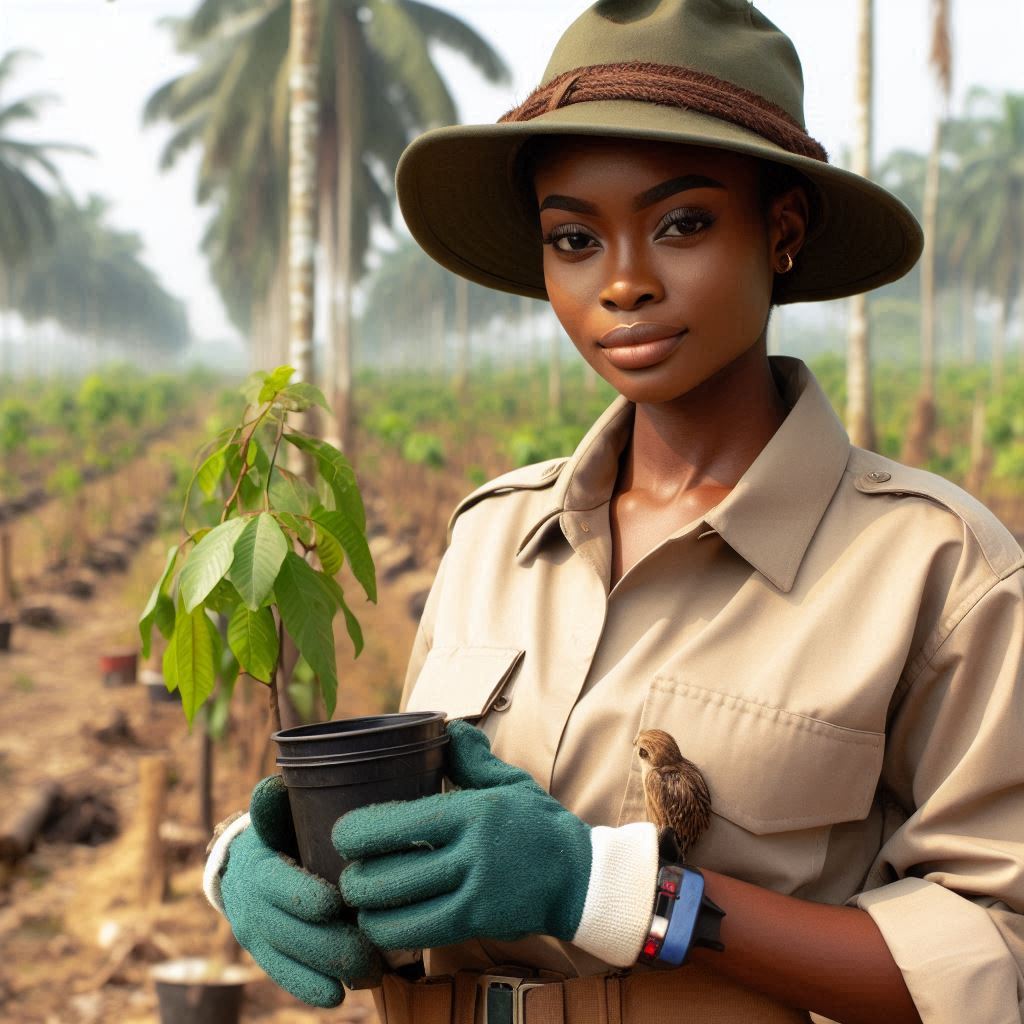Introduction
Wildlife conservation and management are integral components of Nigeria’s environmental stewardship.
Conservation entails the protection, preservation, and restoration of wildlife and their habitats, ensuring the continuity of diverse ecosystems.
Conversely, wildlife management involves the sustainable utilization of natural resources to balance ecological, economic, and social needs.
In Nigeria, these practices are paramount due to the nation’s exceptional biodiversity.
From the dense rainforests of the Niger Delta to the vast savannahs of the Northeast, Nigeria harbors a plethora of wildlife species.
Elephants roam the forests, lions prowl the grasslands, and chimpanzees swing through the trees, underscoring the country’s ecological richness.
The importance of conservation and management extends beyond ecological considerations.
It encompasses socio-economic benefits, including ecotourism revenue, cultural heritage preservation, and sustainable livelihoods for local communities.
As such, understanding and prioritizing wildlife conservation and management are essential for Nigeria’s sustainable development and ecological resilience.
Differences between wildlife conservation and wildlife management
- Conservation aims to protect habitat and species, while management focuses on sustainable use.
- Conservation is more about preserving natural resources, while management involves human intervention.
Goals and Objectives of Wildlife Conservation
- Preserve biodiversity and protect endangered species.
- Restore and rehabilitate ecosystems for long-term sustainability.
- Educate the public on the importance of conservation efforts.
Goals and objectives of Wildlife Management
- Control wildlife populations to prevent overpopulation or depletion of resources.
- Balance human needs with wildlife needs for coexistence.
- Generate revenue through sustainable hunting, ecotourism, and other activities.
Techniques and strategies used in Wildlife Conservation
- Protected area management (national parks, wildlife reserves).
- Habitat restoration and wildlife reintroduction programs.
- Research and monitoring of wildlife populations and ecosystems.
Techniques and strategies used in Wildlife Management
- Setting hunting quotas and regulations to control populations.
- Implementing sustainable land-use practices to support wildlife habitat.
- Collaborating with local communities and stakeholders for wildlife conservation.
Key stakeholders involved in wildlife conservation and management in Nigeria
- Government agencies (Nigerian Conservation Foundation, National Parks Service).
- Non-governmental organizations (WWF Nigeria, Nigerian Wildlife Conservation Society).
- Local communities, traditional leaders, and indigenous peoples.
- Researchers, scientists, and conservationists working in the field.
Read: Field Work & Practical Training in Nigerian Forestry Schools
Challenges faced in wildlife conservation and management in Nigeria
- Address issues such as poaching, habitat loss, and human-wildlife conflict
- Discuss the impact of climate change on wildlife populations
- Examine the lack of funding and resources for conservation efforts in Nigeria
Poaching, Habitat Loss, and Human-Wildlife Conflict
Poaching remains a significant threat to wildlife in Nigeria, with animals such as elephants, rhinos, and pangolins targeted for their valuable body parts. This illegal activity not only decimates populations but also disrupts the delicate balance of ecosystems.
Habitat loss, primarily due to deforestation and urban expansion, further compounds the challenges faced by wildlife in the country.
As natural habitats disappear, animals are forced to compete for resources, leading to increased conflicts with humans.
Human-wildlife conflict is a growing problem in Nigeria, as expanding human settlements encroach upon wildlife territories. This conflict often results in damage to crops, livestock, and property, leading to retaliatory killings of animals by frustrated communities.
Impact of Climate Change on Wildlife Populations
Climate change poses a significant threat to wildlife populations in Nigeria, affecting their habitats, food sources, and survival strategies. Rising temperatures, erratic weather patterns, and changing precipitation levels can disrupt breeding cycles and migration patterns.
Climate-induced phenomena such as droughts, floods, and wildfires can devastate ecosystems, leading to food shortages and habitat destruction for wildlife.
Species that are already vulnerable due to human activities now face additional challenges from the changing climate.
Adapting to these rapid environmental changes is a daunting task for wildlife, as they struggle to find new sources of food and suitable habitats.
Conservation efforts must take climate change into account to ensure the long-term survival of Nigeria’s biodiversity.
Lack of Funding and Resources for Conservation Efforts
One of the major obstacles to effective wildlife conservation and management in Nigeria is the lack of adequate funding and resources.
Limited financial support hampers conservation activities such as anti-poaching patrols, habitat restoration, and wildlife monitoring.
The scarcity of trained personnel, equipment, and technology further impedes conservation efforts in the country. Without proper resources, conservation organizations struggle to implement sustainable solutions to address the myriad threats facing Nigeria’s wildlife.
Public awareness campaigns, community engagement initiatives, and capacity-building programs are also hindered by the lack of funding, limiting the reach and impact of conservation activities.
Securing long-term financial commitments is essential to overcoming these challenges and safeguarding Nigeria’s rich biodiversity.
Read: Traditional vs Modern Horticulture in Nigeria

See Related Content: Top Seed Companies in Nigeria and Their Contributions
Success stories in wildlife conservation and management in Nigeria
In Nigeria, numerous success stories illuminate the efficacy of wildlife conservation and management initiatives, underscoring the nation’s commitment to preserving its natural heritage.
Highlighting Conservation Projects Making a Positive Impact
Several conservation projects have yielded tangible results in safeguarding wildlife populations. For instance, the Gashaka Gumti National Park Conservation Project has successfully protected endangered species like the African elephant and Nigerian giraffe.
The Role of Stakeholders
Government agencies, NGOs, and local communities play pivotal roles in conservation efforts.
The Nigerian Conservation Foundation (NCF) collaborates with government bodies to implement conservation policies, while community-based initiatives, like the Wildlife Conservation Society of Nigeria, engage locals in wildlife protection.
Sharing Examples of Successfully Protected Species
Nigeria boasts success stories of species conservation. The Cross River gorilla, once critically endangered, has seen population increases due to conservation efforts in Cross River National Park.
Similarly, the Hadejia Nguru Wetlands Conservation Project has preserved vital habitats for migratory birds and aquatic species.
These success stories exemplify Nigeria’s dedication to wildlife conservation and management. Through collaborative efforts and proactive measures, the country continues to safeguard its biodiversity for future generations.
Read: Innovations in Nigerian Horticulture
Gain More Insights: Effective Disease Control in Nigerian Livestock
The role of ecotourism in wildlife conservation and management
In the intricate tapestry of wildlife conservation and management in Nigeria, ecotourism emerges as a vibrant thread, weaving together environmental preservation, community empowerment, and economic prosperity.
Supporting Conservation Efforts and Local Economies
Ecotourism serves as a lifeline for conservation initiatives, providing crucial financial resources for wildlife protection, habitat restoration, and anti-poaching efforts.
Revenue generated from ecotourism ventures directly contributes to funding conservation projects, bolstering the resilience of fragile ecosystems and safeguarding endangered species.
Moreover, the economic benefits of ecotourism extend far beyond conservation. Local communities residing in or near wildlife-rich areas reap the rewards of ecotourism through job creation, income generation, and enhanced infrastructure development.
By actively participating in ecotourism ventures, communities become stakeholders in conservation, fostering a sense of stewardship and ownership over their natural heritage.
Exploring Eco-Friendly Tourism Practices
As the global tourism industry shifts towards sustainability, Nigeria stands poised to embrace eco-friendly tourism practices that minimize environmental impact while maximizing visitor experiences.
From responsible wildlife viewing to low-impact accommodations and energy-efficient transportation, eco-friendly tourism practices prioritize the preservation of biodiversity and the mitigation of human-wildlife conflicts.
Implementing such practices requires collaboration between government agencies, conservation organizations, tourism operators, and local communities.
By fostering partnerships and promoting eco-certifications and standards, Nigeria can position itself as a leading destination for sustainable tourism, attracting conscientious travelers eager to explore its natural wonders.
Showcasing Wildlife Tourism Destinations
Nigeria’s diverse landscapes offer a tapestry of wildlife tourism destinations that captivate the imagination and inspire conservation action.
From the verdant rainforests of Cross River State to the sprawling savannahs of Yankari Game Reserve, each destination beckons travelers with promises of unforgettable wildlife encounters and immersive nature experiences.
Notable wildlife tourism destinations include
- Yankari Game Reserve: Home to diverse wildlife species such as elephants, lions, and buffalo, Yankari Game Reserve offers safari adventures amidst breathtaking scenery.
- Cross River National Park: Encompassing both tropical rainforests and montane forests, Cross River National Park is a biodiversity hotspot, hosting endangered species like the Cross River gorilla and the Nigeria-Cameroon chimpanzee.
- Okomu National Park: Nestled in the heart of Edo State, Okomu National Park is renowned for its pristine rainforest habitat and rich biodiversity, including rare species like the forest elephant and the white-throated guenon.
Essentially, ecotourism holds immense promise as a catalyst for wildlife conservation and sustainable development in Nigeria.
By harnessing the power of ecotourism, Nigeria can protect its natural heritage, uplift local communities, and forge a path towards a future where humans and wildlife coexist harmoniously.
Read: Horticultural Tools and Equipment in Nigeria
Conclusion
Throughout this discourse, we’ve delved into the intricate realms of wildlife conservation and management in Nigeria, uncovering the multifaceted tapestry that defines the nation’s approach to safeguarding its natural treasures.
From the dense rainforests of Cross River to the expansive savannahs of Yankari, Nigeria’s diverse ecosystems teem with a wealth of biodiversity, each species playing a vital role in maintaining ecological balance.
However, the delicate equilibrium between conservation and management is paramount. While conservation focuses on preserving wildlife and habitats, management seeks to sustainably utilize natural resources for the benefit of both humans and nature.
As stewards of Nigeria’s rich biodiversity, it falls upon us to strike a harmonious balance between these two objectives.
By supporting conservation initiatives, advocating for sustainable practices, and educating others about the importance of preserving our natural heritage, we can ensure that future generations inherit a Nigeria teeming with vibrant wildlife and thriving ecosystems.




